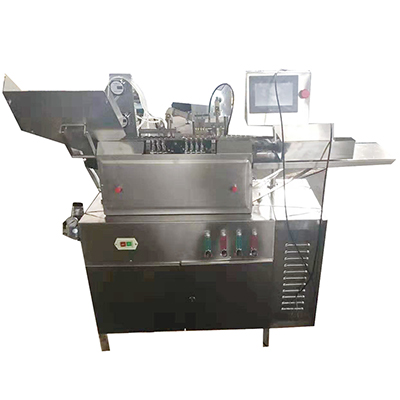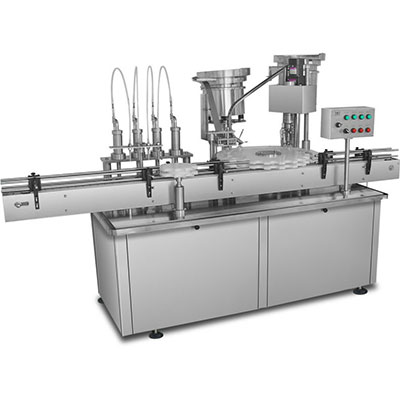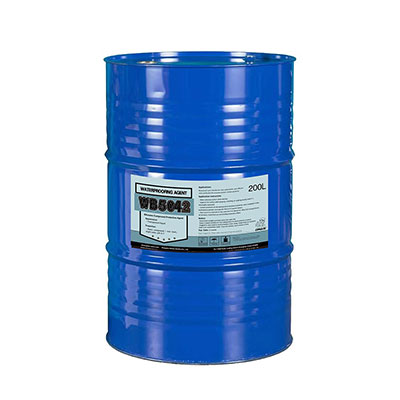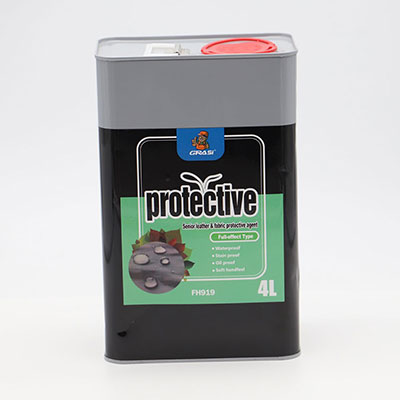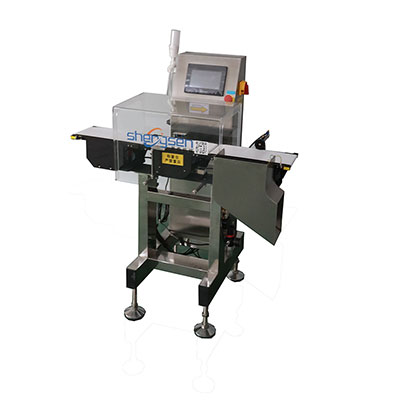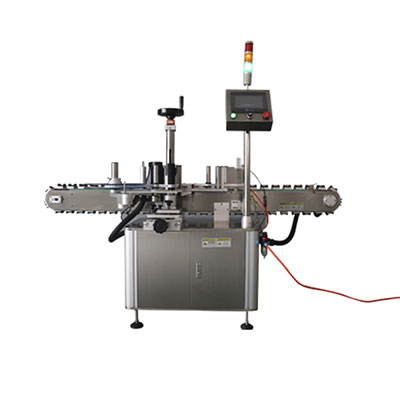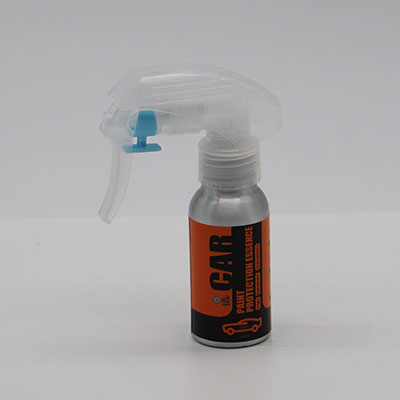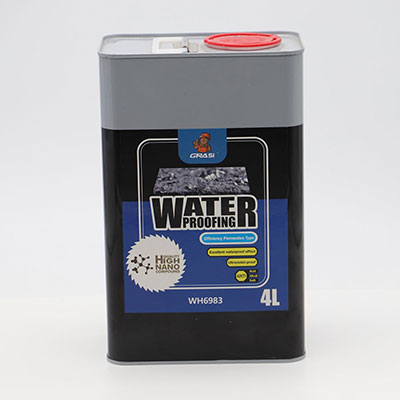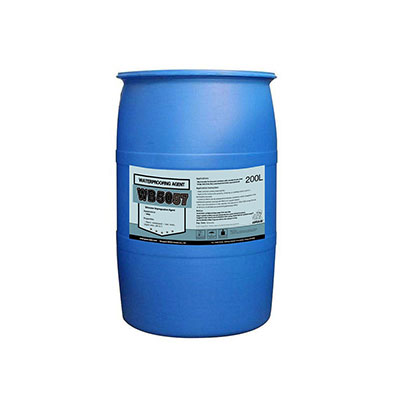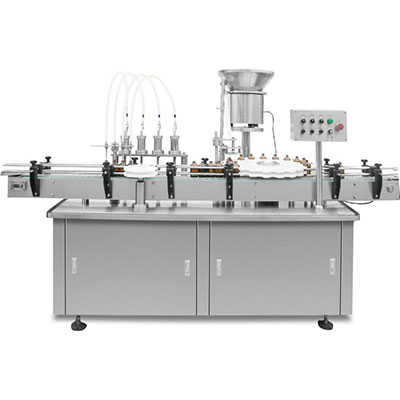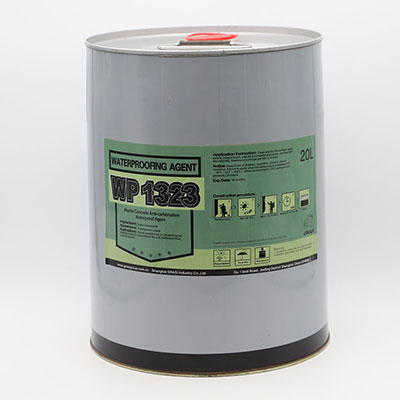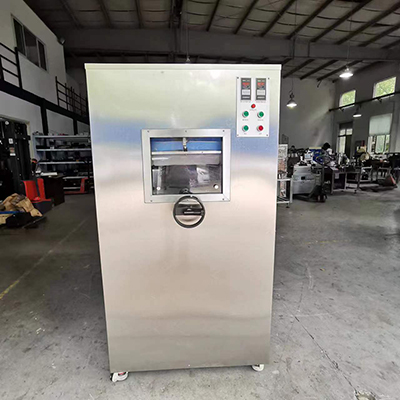Vacuum Rake Dryer Paraformaldehyde Plant
The vacuum drying process is a traditional production process to produce paraformaldehyde. It is simple and efficient, with minimal loss of formaldehyde and particulate matter.
Helipont promotes the drying process by updating the scraper condensation with the first-efficiency evaporator, which condenses the 50% formaldehyde to 75%. The concentrated formaldehyde then comes into the rake dryers for further dewatering, finally resulting in paraformaldehyde.
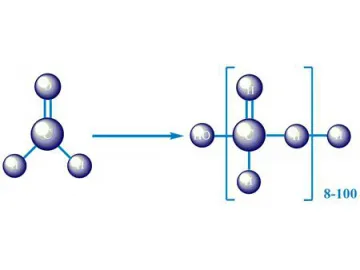
The off gas discharged from the rake dryer includes steam and formaldehyde steam. It can be absorbed via condensation absorber tower to produce a diluted formaldehyde solution, which can be reused in the latter process.
Flow chart Paraformaldehyde Processing Equipment Rake dryers Drying absorber tower Evaporator Separator Buffer tank Distillation kettle Discharging machine Advantages The theory for first-efficiency evaporator is climbing film evaporation The diluted 10-15% formaldehyde solution from the drying process can be reused. It can be used to produce methylal, urotropine or mixed to 37% formaldehyde for sale. It is batch form operation. Each batch feed for rake dryer is around 4-5m3, drying time: 4-6 hours. Paraformaldehyde Production Process Condense the 50-55% formaldehyde solution; Drying and further dewatering. Treatment of the off gas (including steam and formaldehyde steam).If you want to know more about the production process in details, please contact us.
Specification of Paraformaldehyde| Name | Process Index | Remark |
| Paraformaldehyde content | 93-96%w/w | Normally96% |
| Formic acid | <0.03% | |
| Melting range | 120-170℃ | |
| Ash content | <100ppm | |
| Appearance | White powder | |
| Methanol content | <1wt% | |
| Free water | <1wt% | |
| Iron content | <2ppm |
Paraformaldehyde Plant (as per 93%-96%) Consumption Index
| Item | Specification | In one company |
| Methanol | Pure99.5% | ≤1280 kg/t(without dilute formaldehyde) |
| Steam | 0.4MPA | ≤2,250 kg/t |
| Electricity | 380V | ≤130 kWh/t |
| Dilute formaldehyde | (19~22%) | -2,200 kg/t |
| Circulating water | 30~38 | 400 m3/h |
Projects Were Work on
Links:https://www.globefindpro.com/products/22940.html
-
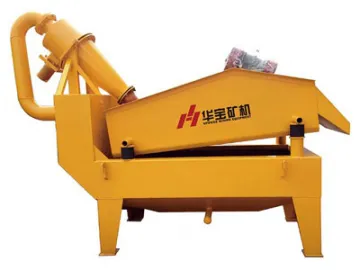 Sand Washing Plant Fine Sand Recycler
Sand Washing Plant Fine Sand Recycler
-
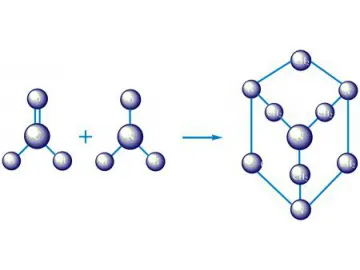 Hexamine Plant
Hexamine Plant
-
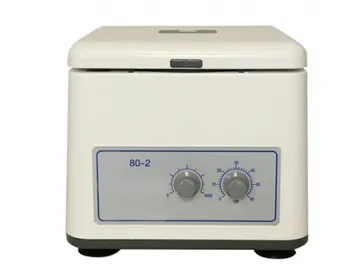 Lab Benchtop Centrifuge
Lab Benchtop Centrifuge
-
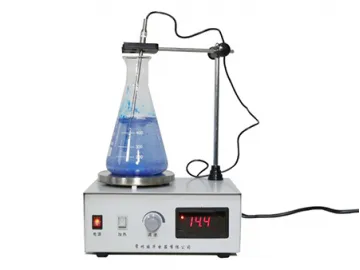 Magnetic Hotplate Stirrer with Temperature Control Package
Magnetic Hotplate Stirrer with Temperature Control Package
-
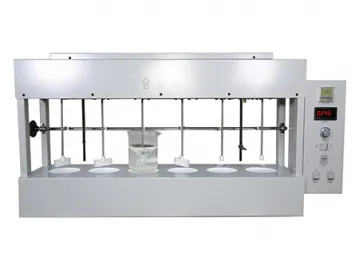 Six-Paddle Lab Stirrer / Jar Tester
Six-Paddle Lab Stirrer / Jar Tester
-
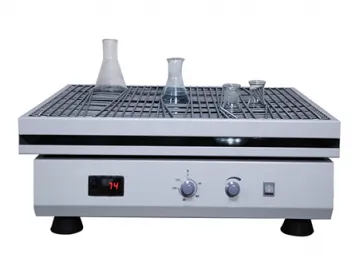 Large Capacity Reciprocating Shaker
Large Capacity Reciprocating Shaker
-
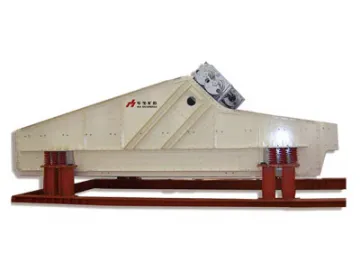 Vibrating Screen SL Series Linear Motion Screen
Vibrating Screen SL Series Linear Motion Screen
-
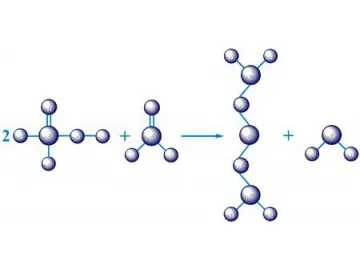 85%-92% Concentration Methylal Plant
85%-92% Concentration Methylal Plant
-
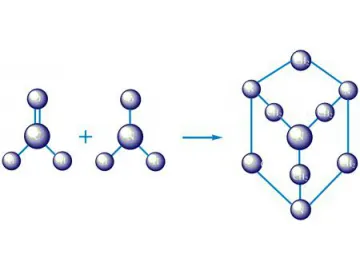 Gas Phase Hexamine Plant
Gas Phase Hexamine Plant
-
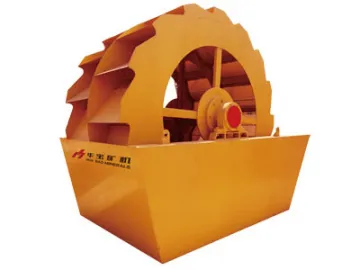 Bucket Wheel Sand Washer
Bucket Wheel Sand Washer
-
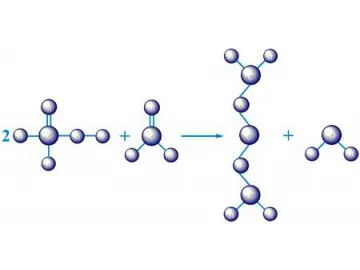 Methylal Plant
Methylal Plant
-
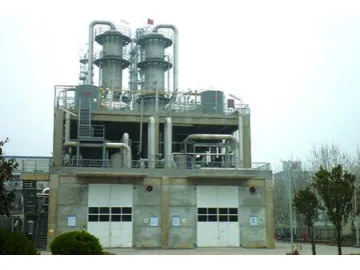 Concentration Absorption Tower
Concentration Absorption Tower
